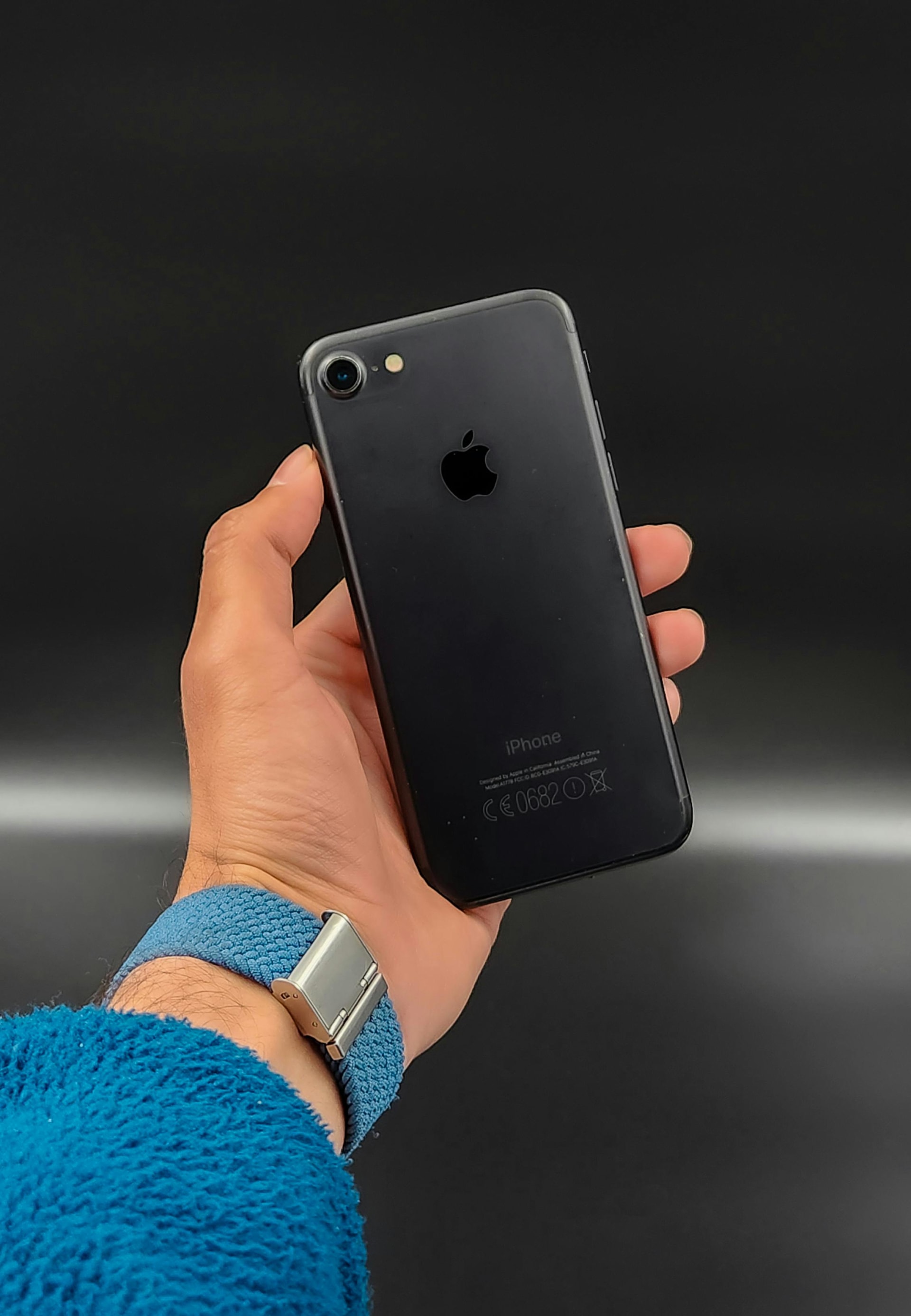Apple Pay has revolutionized payment systems in the UK by ensuring its clients speed, security and the ability to perform transactions with increased efficiency.
Arguably, it is second to none in versatility, concerning a range inclusive of both iPhones, iPads and even Apple Watches that it supports. As more people are now changing towards a cashless culture, many people have sought to know the places and ways through which they can use Apple Pay. Below are its diverse applications across everyday spending, entertainment, retail and online shopping.
A Seamless Payment Solution for Everyday Transactions
Apple Pay is designed to be simple, secure and easy to use, making it enable a user to make payments with just a tap or a glance. This feature has been very helpful in the UK, where contactless payments have taken over most face-to-face transactions. The UK Payment Markets Summary 2024 estimates that some 60% of all card payments are contactless, up from 55% last year. The ease of using Apple Pay contributes to this rise, along with its increasing acceptance.
Another factor that makes Apple Pay very appealing for everyday spending is the security features. For every traditional card payment made, Apple Pay would replace sensitive card information with a unique device account number through tokenization. This means that merchants will never have access to a customer's card details and further minimizes the risk of absolute fraud. The technology works in harmony with biometric authentication, including Face ID and Touch ID, as additional protection.
Its convenience extends to public transportation. In a city like London, for instance, it is possible to use Apple Pay to tap in and out of the Tube, buses and trains, thereby making life much easier for the commuter. It's part of the larger trend toward frictionless payment systems - those getting a louder call during the pandemic when contactless became an option of choice.
Entertainment and Events: Tickets, Subscriptions and More
Apple Pay has found its way into the entertainment scene, easing such services as the purchasing of tickets and subscriptions. Be it buying movie tickets from Vue and Odeon cinemas down to subscriptions on such platforms as Netflix and Spotify, Apple Pay ensures that checkout is smooth and with no manual entry of cards.
Another sector where a leading position is held by Apple Pay is gaming and, more so, betting. These days, gamblers can deposit with apple pay at most betting sites, touting its speed and security for real-money transactions. This goes in line with the sector's push toward secure and user-friendly methods. Many platforms have adopted Apple Pay due to its low failure rate in transactions and being responsible for gambling practices.
This integration is part of a larger trend in the entertainment industry, which increasingly favours digital wallets because of their simplicity and growing security. Enhanced tech insights show that 70% of the UK's entertainment enterprises have integrated Apple Pay into their businesses, per a digital payment trend adoption study conducted in 2024.
Retail Stores Embracing Apple Pay in the UK
With its obvious benefits, Apple Pay has been widely adopted by major and independent chains alike throughout the UK. Many stores, such as Tesco, Boots and Marks & Spencer, support checkout with Apple Pay. This adoption has been supported by strong contactless infrastructure in the UK-nearly all of the card terminals in the country support NFC-based payments, hence allowing compatibility for Apple Pay.
Small businesses are joining in on the trend, driven by better affordability of the mPOS systems. According to the Financial Conduct Authority, 85% of the UK's SMEs currently receive contactless payments, compared with 72% in 2021. The ease at which Apple Pay integrates with these systems makes it a preferred choice of SMEs in improving the customer experience.
In turn, Apple Pay reduces queuing, speeding up the actual time it takes to process transactions; this is ultimately a benefit for retailers. A study by the British Retail Consortium last year showed that checkouts were upwards of 30% quicker when customers used digital wallets compared with chip-and-PIN or cash payments. This efficiency will only continue to increase customer satisfaction and boost operational efficiency for retailers.
Online Shopping: Apple Pay’s Expanding Reach
Still, the huge beneficiary of Apple Pay capabilities has been the e-commerce sector. Online retailers such as ASOS, John Lewis and Deliveroo already offer Apple Pay as a means of paying for products, making it easy for customers at checkout. Its integration will eliminate the need for users to enter card details manually, reducing friction and enhancing the overall shopping experience.
Security features such as encryption and biometric authentication make Apple Pay in particular demand regarding purchases made online. These developments have corresponded with growing concerns over fraud online, despite a 30% rise in fraud committed across the UK between 2020 and 2023 according to Action Fraud.
Having a secure means of paying for goods or services through the use of Apple Pay somewhat mitigates these risks and has helped build consumer confidence. The ecological merits of Apple Pay are also in line with the appeal to the ecologically conscious consumer of today. Apple Pay cuts plastic waste by negating the need for hard cards. This appeal also falls into a wider trend of sustainability whereby businesses and consumers are leaning towards environmentally friendly practices.
Equally effective, the impact of Apple Pay has been on mobile shopping. In a survey carried out in 2024 by the UK E-commerce Association, 65% of purchases made online were via mobile devices compared to 58% in 2022. Because Apple Pay is compatible with mobile platforms, it is one of the major reasons that this shift happens, guaranteeing rapid and secure ways of shopping on the go.
The fact that Apple Pay is trusted across such a wide array of industries speaks volumes to its versatility and, above all, safety in use for payments. From simple day-to-day transactions to entertainment, retail and online purchases, this ability of Apple Pay to make the payment experience simpler and better has made it the darling of both consumers and businesses alike. Apple Pay will further develop its role in shaping the future of payment within the UK, while the use of digital wallets continues. Apple Pay will continue to keep convenience and security right at your fingertips, whether it be for commuting, shopping, or leisure.








